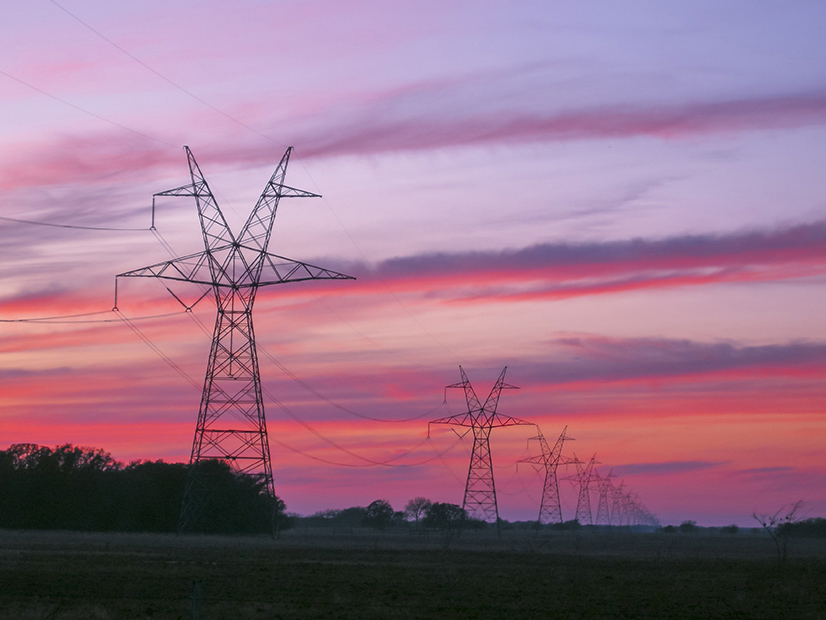
FERC on Friday approved the Texas Reliability Entity’s settlement with American Electric Power (NASDAQ:AEP) for communication lapses during a 2018 load loss incident.
The agreement was the only violation filed in NERC’s public spreadsheet notice of penalty for April (NP22-24), though the organization also filed a separate non-public spreadsheet NOP in the same docket, its normal practice when dealing with violations of the Critical Infrastructure Protection standards. FERC said in Friday’s filing that it will not further review the settlements, leaving their judgments intact.
Texas RE’s settlement with AEP concerns requirement R8 of NERC reliability standard TOP-001-3 (Transmission operations), which mandates that a transmission operator inform its reliability coordinator, relevant balancing authorities, and other TOPs of “operations that result in, or could result in, an emergency.” Transmission Operators must be able to show that they have done so using operator logs, voice recordings, transcripts, electronic communications, or other evidence.
The regional entity discovered potential issues with TOP-001-3 during a compliance audit in 2019. Initially auditors attributed the noncompliance to requirement R1, but after further investigation determined that the utility was in violation of R8.
System Already Under Strain
The issue began on March 20, 2018. At the time several transmission lines serving the Del Rio, San Angelo and Mesa Verde area were out of service for planned construction and maintenance. AEP had also suffered a forced outage on another transmission line, meaning that only two 138-kV lines were available to serve the area that morning.
Beginning shortly before 11 a.m., AEP’s RC noticed several thermal limit exceedances in its real-time contingency analysis (RTCA). A generation solution was not available because the wind generation in the area was declining. AEP, the RC, and a neighboring TOP spent the next few hours trying to address the exceedances by bringing transmission facilities back online, while AEP also worked to raise voltage by activating a number of capacitor banks.
During these activities, AEP was also conducting its own RTCA in parallel to the RC’s. This is not required by NERC’s standards, but AEP does it voluntarily “as an additional check on its system,” NERC said. According to Texas RE, AEP’s RTCA “began to indicate a consistent, non-converged solution” around 12:20 p.m., but it failed to communicate this information to the RC during any of their subsequent calls at 12:26, 2:08, and 2:24 p.m. At 2:33, smoke from a grass fire led to a “local voltage collapse” and caused the loss of about 140 MW of load.
Texas RE said this failure to communicate AEP’s RTCA results to the RC constituted a breach of the standard, since it deprived the RC of “complete operation about the actual operations” of the utility’s system, though the RE acknowledged that the communication failure was not a cause of the underlying incident. It blamed the violation on inadequate processes and training: While AEP had protocols in place for communicating RTCA results to the RC, there was no specific procedure for operators to do so.
Although AEP’s violation occurred during a load loss event, Texas RE declined to press for a monetary penalty against the utility, saying that the communication breakdown did not specifically cause the loss of load. The RE also observed that AEP’s RTCA was voluntary and that the load loss would still have occurred if it hadn’t run the RTCA.
Texas RE noted that AEP has engaged in mitigating activities as well, including updating its processes to account for communicating issues with its RTCA to the RC and adding time requirements for doing so, along with training relevant staff on the new requirements. In addition, the utility conducted an extent of condition review of its protocols for communication with the RC that detected no further potential violations. The RE verified the mitigation steps were completed in January 2021.

